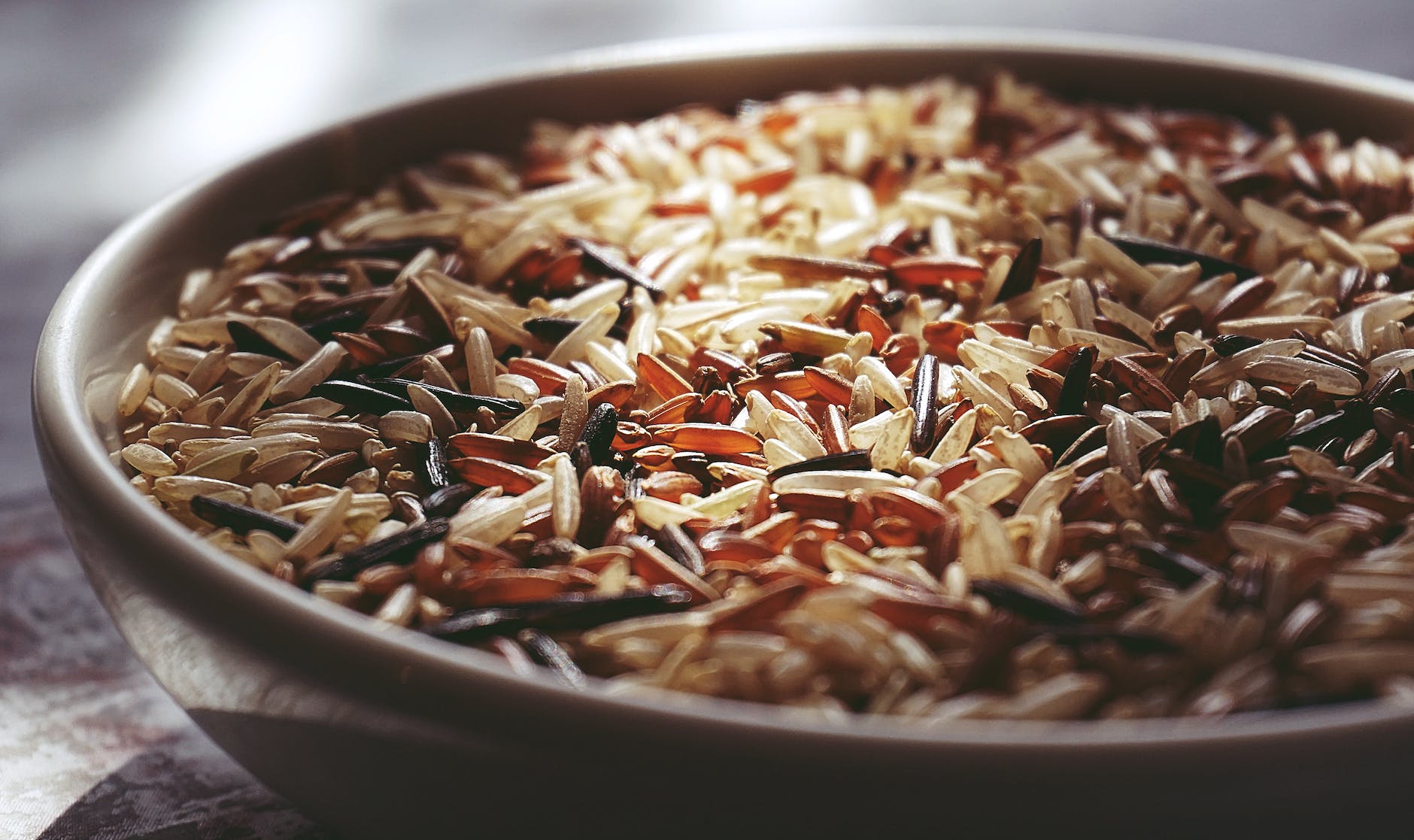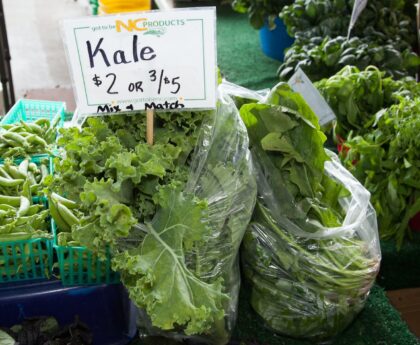In recent years, the issue of obesity has become a major concern in America. Despite many efforts to address this problem, the rate of obesity continues to rise. One common explanation for this phenomenon is the high consumption of carbohydrates in American diets. However, a non-American perspective challenges this notion, suggesting that there is something fundamentally different about the food culture in America. Is it really just excess carbs that cause weight gain?
An outside perspective: rice is still a carb
For instance, in Japan, where rice is a staple food and constitutes 50% of a typical meal, the prevalence of obesity is much lower. In fact, it is uncommon to see overweight individuals in Japan, despite the widespread consumption of rice. This observation raises questions about the role of carbohydrates in weight gain and highlights the need to examine other factors that may contribute to the problem.
The author of this perspective recounts their own experience of gaining weight after moving to America for studies. They gained almost 10 kgs within a year, despite never having had weight issues before. This suggests that there is something fundamentally different about the American diet that can lead to weight gain.
While the exact cause of this phenomenon is not clear, some researchers have identified a few potential culprits. One of the most significant is the large portion sizes of food in America, especially in restaurants. Compared to other countries, American portion sizes are often two to three times larger, which can lead to overeating and contribute to weight gain over time.
High fat and sugar content leading to weight gain – not just carbs in excess
Another potential factor is the high fat and sugar content of American foods. For instance, fast food and processed foods are common in American diets, and they are often high in calories, fat, and sugar. These foods are often heavily marketed and widely available, making them a convenient option for many people. However, their high calorie content and low nutritional value can contribute to weight gain and other health problems.
Furthermore, the addictive nature of some American foods is another potential factor. Studies have shown that certain foods, such as those high in sugar and fat, can activate the reward centers in the brain and create a sense of pleasure and satisfaction. This can lead to cravings and overconsumption, contributing to weight gain over time.
Japan carb consumption
In contrast, traditional Japanese diets are known for their emphasis on fresh and seasonal foods, lean proteins, and small portion sizes. These dietary habits are supported by cultural norms that prioritize health and wellness. For instance, it is common for Japanese people to eat a variety of foods in moderation, and to prioritize vegetables and seafood over meat and dairy products. Additionally, Japanese food culture places great value on the presentation and quality of food, which can make meals more satisfying and enjoyable.
While there is no one-size-fits-all solution to the obesity problem in America, adopting some of these healthy eating habits could be a step in the right direction. Eating smaller portion sizes, prioritizing fresh and nutritious foods, and avoiding highly processed and sugary foods can help individuals manage their weight and improve their overall health.
So in conclusion, do excess carbs really cause weight gain? Well, while the high consumption of carbohydrates in American diets is often cited as a major contributor to the obesity epidemic, a non-American perspective suggests that there are other factors at play. The large portion sizes, high fat and sugar content, and addictive nature of some American foods may all contribute to weight gain over time. Meanwhile, traditional Japanese diets and food culture offer an alternative approach to healthy eating that could serve as a model for Americans looking to improve their dietary habits.





